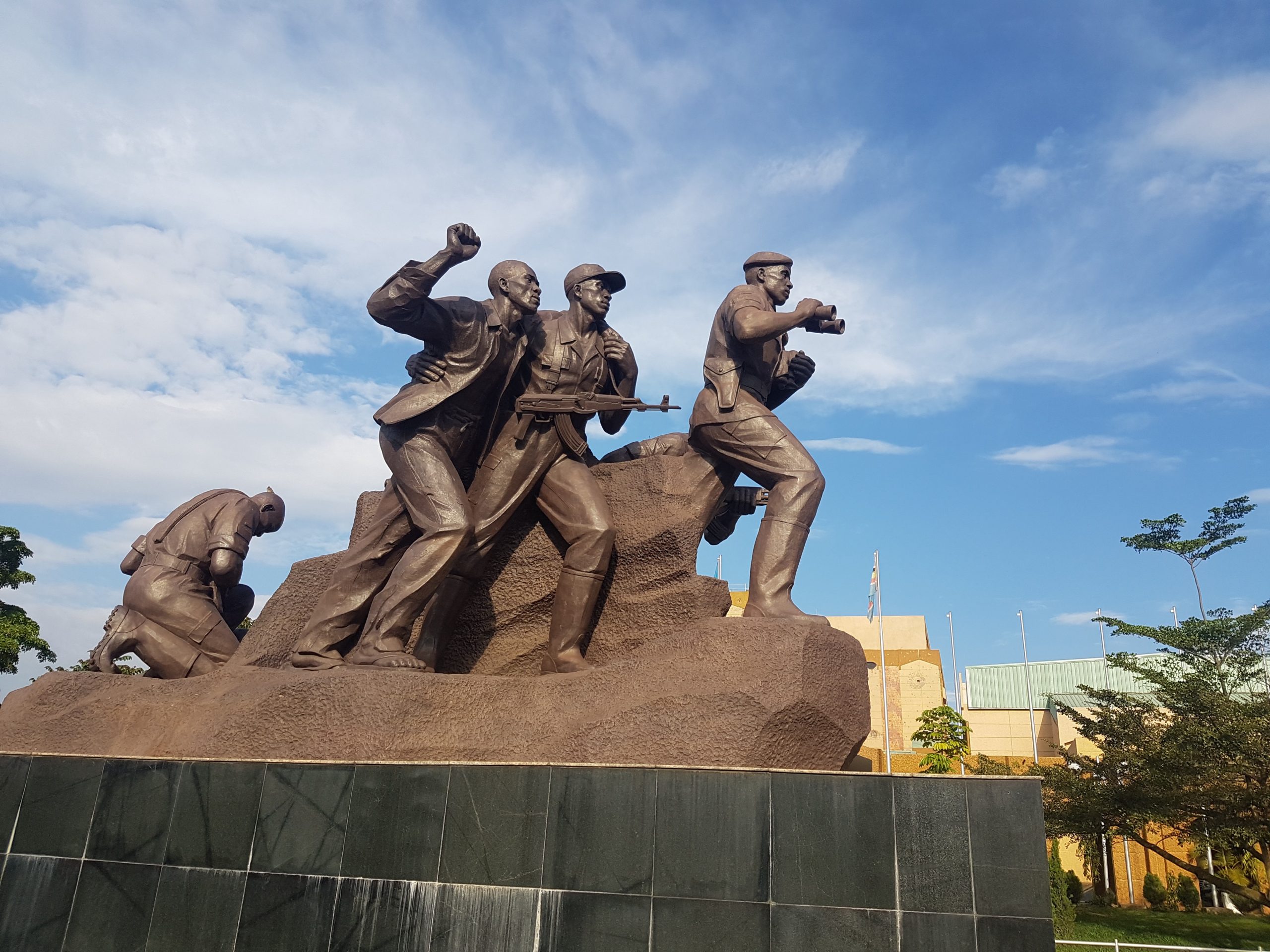In a previous article, I argued that politics in Rwanda is a role, not a career. People are routinely appointed to serve and move on whenever the time comes in total non-events.
Ugandan media and David Himbara frequently make a big fuss out of Rwandan appointments and demotions of civil servants. Himbara is claiming that Rwanda’s ‘ministry of foreign affairs is headed by two magicians’ and that ‘a cabinet minister in Rwanda has a professional span of two years before he gets fired, runs into exile or gets into absolute poverty.’
In reality what Himbara is doing is known in psychology as ‘projection’: mirroring one’s personal condition onto others to absolve oneself.
His two stints in government were both short-lived because he could not live up to the demands of accountability. The first time he fled, leaving his car at the airport. Later he came back, apologized and was reinstated. However, the system that had led him to flee the first time was still in place. He fled the country a second and last time and became a critic in exile.
Himbara claims that former ministers are either poor, or in exile. Here again he is projecting, and the opposite is actually true. He conceives the government as a gravy train, where people are appointed to ‘eat’. In fact if one is looking for riches, the private sector is where they should go. Public service is just that: service to the public!
That is why he refers to Rwandan ministers and former ministers as poor. Because unlike in corrupt countries, Rwandan ministers and relatives do not live opulent, decadent lives surrounded by misery. They live dignified lives according to the Rwandan economy.
The two ‘magicians’ Himbara refers to, namely Minister Vincent Biruta and Minister Nshuti Manasseh epitomize true public servants: consistently serving their nation since the end of the genocide twenty six years ago, unbothered by the positions they occupy in the executive, the legislature or even in the private sector.
Let’s take Professor Nshuti Manasseh for example: After his last cabinet position, the Professor went back to his calling as an educator and started a private university – while still advising the President. I suspect he has made more money as an investor than he did as a civil servant. Yet when called upon, he has accepted to leave the comfort of his business to come back and serve as junior minister.
Minister Biruta is one of the many Rwandan physicians who dedicated their lives to politics. Had they opened private clinics thirty years ago, they would be owners of big hospitals like their colleague Dr. Jean Nyirinkwaya. Yet they chose to join the liberation movement, then served the post-genocide nation in policy and diplomatic capacity. Most of them are retiring now, but they have left an indelible mark and we pay tribute to them.
They are a good examples to be emulated by the Rwandan youth in understanding that service to the nation has nothing to do with political positions; that in fact ‘Integrity is doing the right thing even when no one is watching’ and as Frantz Fanon eloquently puts it: “Each generation must discover its mission, fulfill it or betray it, in relative opacity.”
Now on the Rwandan Constitution:
Rwanda is a Presidential system where Executive Powers are vested in the President of the Republic and in Cabinet. Art. 97.
Cabinet members are appointed by the President of the Republic after consultation with the Prime Minister. Art. 116(2).
Unlike in England or in Tanzania, Ministers in Rwanda are unelected members of the executive and have no defined term. Ministers are appointed to second the President of the Republic who is elected on universal suffrage by the people. They serve at the discretion of the head of state, who appoints and demotes them in virtue of powers vested in him or her by the constitution.
Now, what is the advantage of cabinet members with no people’s mandate? Ministries manage portfolios, regulations and budgets. It is a dangerous combination to have such powers on the one hand and an exclusive constituency to serve on the other. A cabinet member may be tempted to use public funds and policymaking to favor his constituency; and this does happen in many countries, and especially in Uganda.
There are no ‘imperative mandates’ in Rwanda even for members of parliament: Article 65 stipulates that ‘Every member of Parliament represents the nation as a whole and not only those who elected or nominated him or her, or the political organization which seconded his or her candidacy during elections.’
Shielded by the people’s mandate, a corrupt cabinet member may use their popularity to evade accountability. Indeed in many countries, when a minister is relieved of duties due to corruption, their constituency goes on strike and their cronies protect them from prosecution.
To avoid that, the Rwandan constitution gives executive powers to technocrats appointed for their expertise, to pursue developmental goals with probity and political neutrality. The entire accountability of the executive would then rest on the shoulders of the president of the republic who is sanctioned by the people through elections.
Rwanda is a developmental state with so many poverty-related problems that still need to be addressed and we do not have time for empty politics of individual nominations and demotions. As responsible citizens, we are all part of something that is bigger than ourselves. Be it government, civil society or private sector, we see ourselves and each other as cadres of the same liberation struggle. No one thinks they are irreplaceable in that struggle, as a saying in French goes: ‘les hommes passent, les instititions restent’, (men come and go, institutions stay).















Nice Peace Gatete. Indeed Himbara behaves like an empty drum. But why can’t he hung. The better.